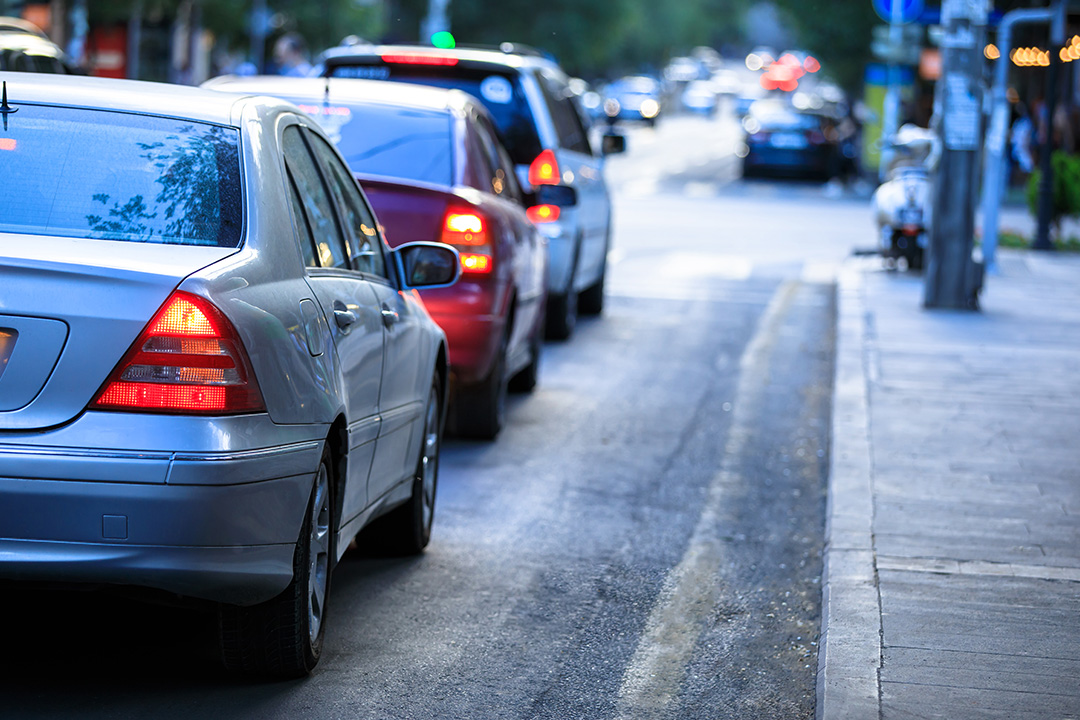The national papers have recently got hold of an AA survey of parking behaviour, to which tens of thousands of members contributed. There’s some useful information in their for those working in the public sector – especially those responsible for parking in urban areas.
For example, 12 percent of members said they put off trips because of ‘residential parking stress’ – that is, because they might lose their space outside their house, in London, that figure was a whopping 24 per cent. When the value of using your car is less than the inconvenience of moving it, it’s clear that something has to be done.
Crucially, many of these people are choosing not to make short trips to the shops. They’re buying online instead – bad news for the high streets that our friends in the Department for Communities and Local Government are trying to promote, and for parking managers at supermarkets and shopping centres. At least this acts as proof that the price of parking is a less important factor than the ease of access and quality of service.
Unfortunately, this problem isn’t going anywhere in the short term. You may have seen that 2.7 million new cars were sold in the UK last year – a new record – and they all have to be stored somewhere. The population is still growing too, and they will all need a way to travel.
Then again, parking shortages aren’t bad news for everyone – the AA also found that 15 per cent of people are showing up to work an hour or more early, so that they can be sure of getting a space, ‘parking stress’ could have an impact on productivity, too.
How can our creaking infrastructure deal with this enormous volume of cars? What about when public transport fails and people pour onto the roads, as in the recent Southern Rail strike?
More parking provision, perhaps, could help. But where to put extra spaces in our increasingly crowded cities, where land is sold at a premium price? Car-sharing schemes and improved public transport could assist, as suggested by the AA. The parking 20:20 group is encouraging BPA members to develop new tools to help people find the right parking for them and reduce the time they spend driving around looking for a space.
Whatever the solution, the planners will have to come up with something soon, or the costs to the British economy – not to mention the costs to individuals in terms of time and stress – will continue to mount.




